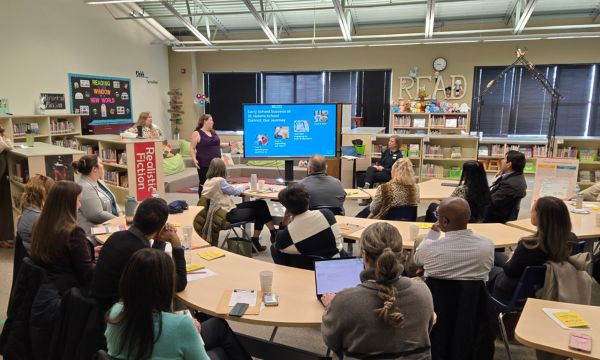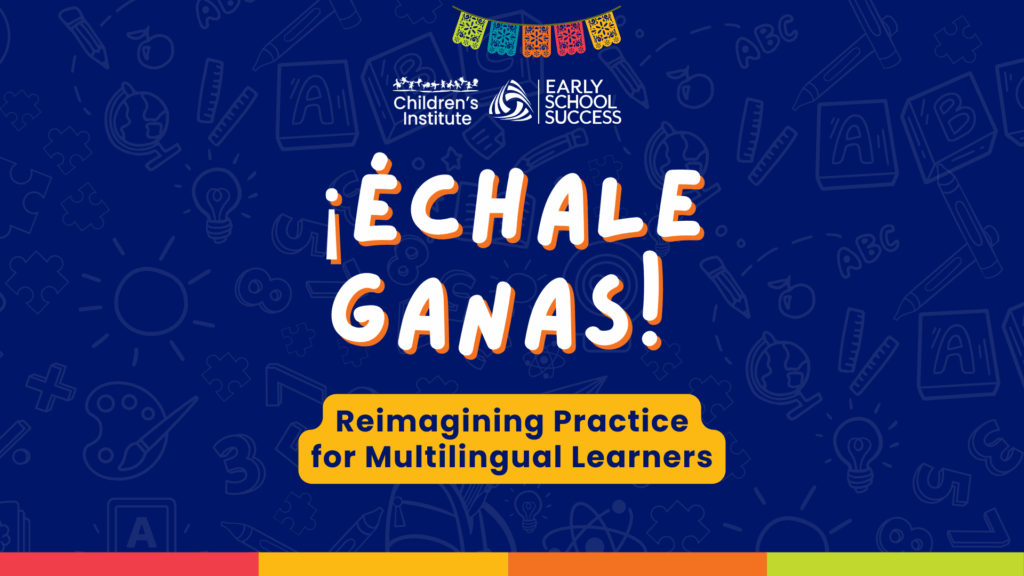St. Helens Learning Tour Takes Advocates Inside Classrooms
Early childhood advocates, leaders and policymakers visited classrooms on Jan. 20 to see how the Children’s Institute’s five-year Early School Success partnership with St. Helens School District helps students thrive academically, socially, and emotionally.









